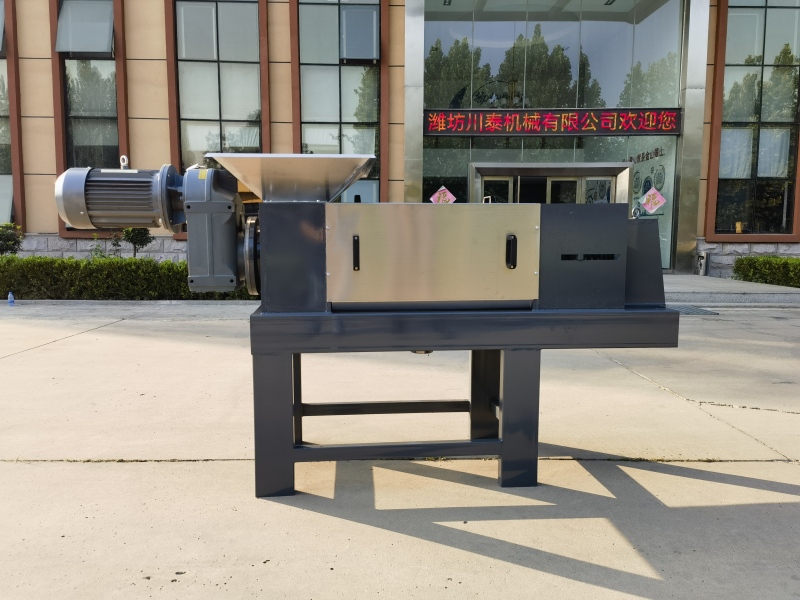
Introduction:
A large-scale fruit and vegetable dehydrator is an essential industrial appliance designed to efficiently remove moisture from fruits and vegetables, extending their shelf life while preserving nutritional value. This advanced machinery plays a crucial role in the food processing industry by providing a cost-effective and sustainable solution for the preservation of perishable produce.
Key Features:
High Capacity:
The primary characteristic of a large-scale dehydrator is its substantial processing capacity. With the ability to handle large volumes of fruits and vegetables, this machine ensures efficient and continuous dehydration, making it ideal for commercial and industrial applications.
Precision Drying Technology:
Employing state-of-the-art precision drying technology, the dehydrator facilitates controlled moisture removal. This technology ensures that the fruits and vegetables are dehydrated uniformly, preserving their natural flavors, colors, and nutritional content.
Energy Efficiency:
Modern large-scale dehydrators are designed with energy efficiency in mind. Incorporating advanced drying techniques and insulation materials, these machines minimize energy consumption while maximizing output, making them environmentally friendly and cost-effective.
User-Friendly Interface:
Equipped with an intuitive user interface, the dehydrator allows operators to easily control and monitor the dehydration process. Automated features such as temperature and humidity control contribute to the simplicity and effectiveness of the drying operation.
Hygienic Design:
Maintaining hygiene is paramount in food processing. Large-scale dehydrators are constructed with materials that meet food safety standards and are easy to clean. The design minimizes the risk of contamination, ensuring the production of high-quality, safe dehydrated products.
Applications:
Food Industry:
Large-scale dehydrators find extensive use in the food industry for processing a variety of fruits and vegetables. From dried fruits and vegetables to herbs and spices, the machine accommodates diverse products, meeting the demands of the market.
Snack Production:
The dehydrated fruits and vegetables produced by this machinery serve as popular ingredients in the snack industry. Dehydrated snacks not only retain nutritional value but also offer a convenient and tasty alternative to traditional snacks.
Ingredient Manufacturing:
Manufacturers of soups, sauces, and ready-to-eat meals benefit from the dehydrator by obtaining high-quality dehydrated ingredients. This contributes to the convenience and longevity of their products.
Conclusion:
In conclusion, large-scale fruit and vegetable dehydrators are indispensable in the modern food processing landscape. Their ability to efficiently dehydrate large quantities of produce while maintaining quality and nutritional value positions them as key assets for businesses aiming to provide sustainable and shelf-stable food products.




If your company wants to establish a business relationship with us, please briefly describe the cooperation intention and send an email to:chuantaiscrewpress@gmail.com























































































![[list:title]](/static/upload/image/20240528/1716877114510915.jpg)